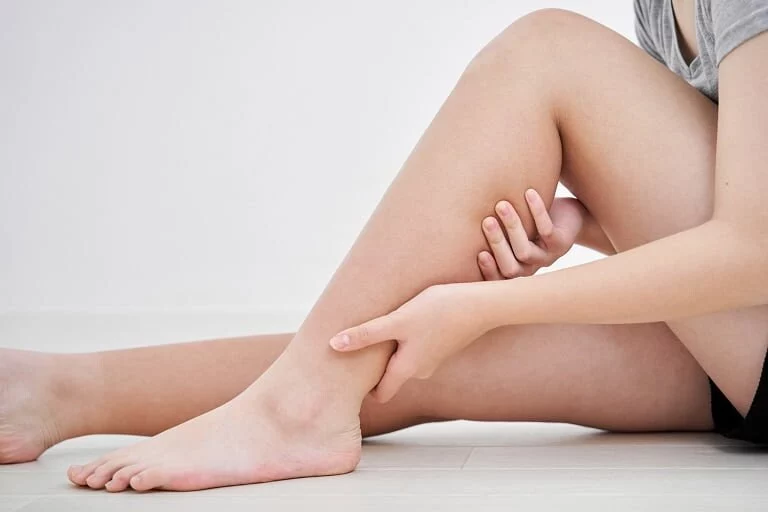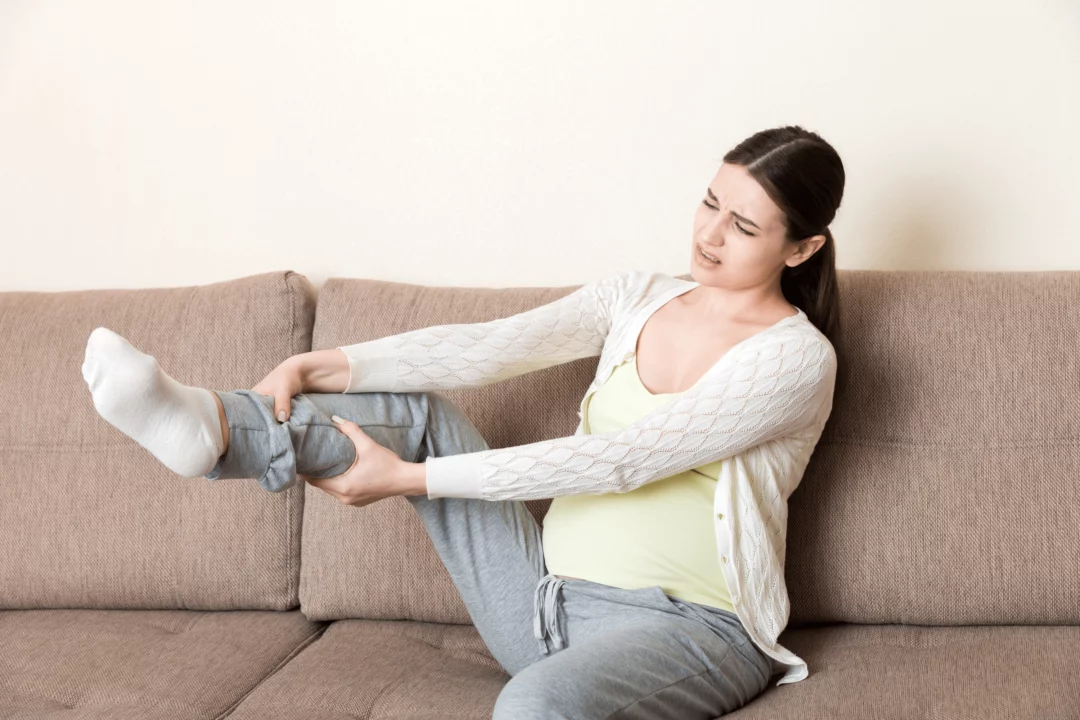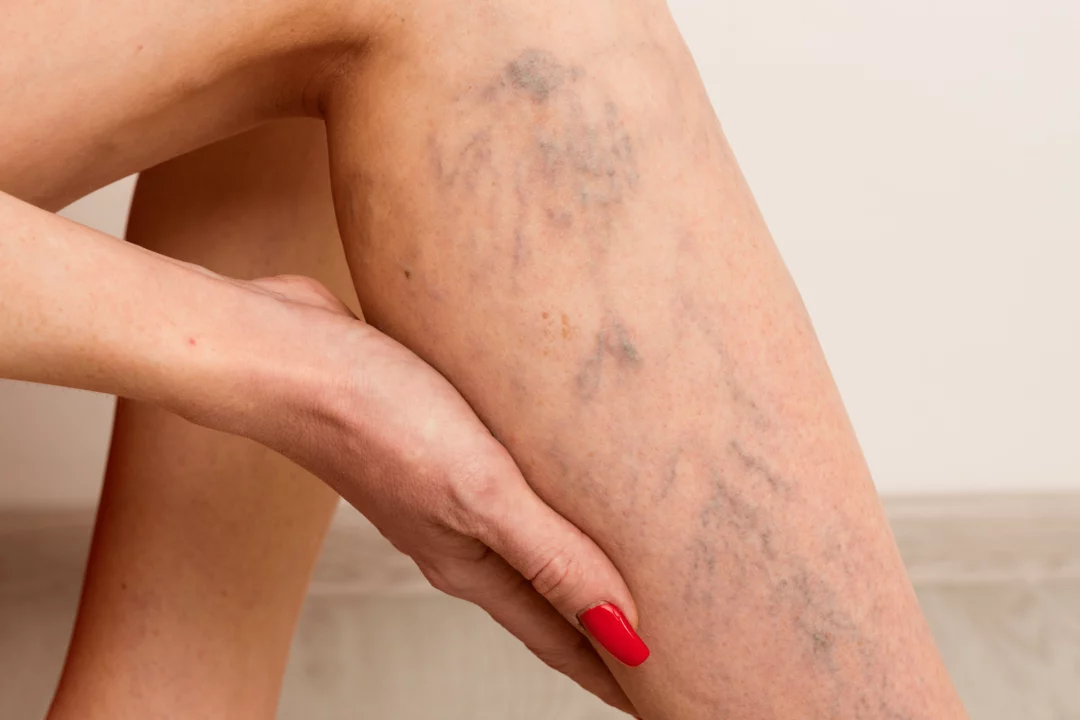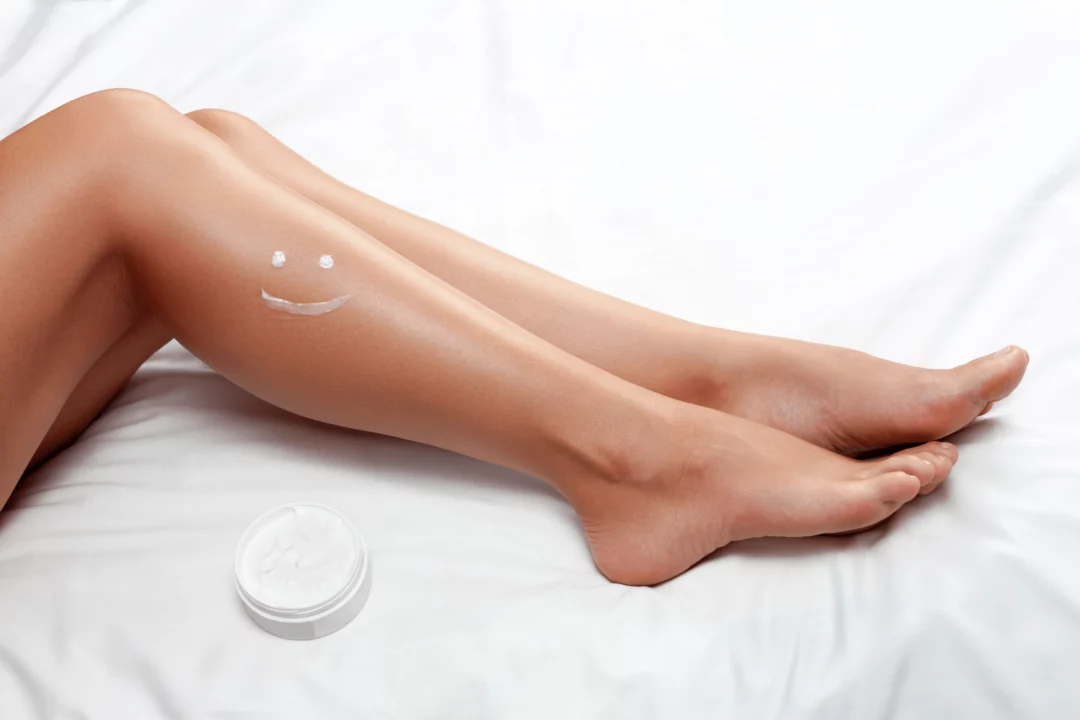
Swollen and heavy legs. A problem that affects about half of adults. What causes them? How to relieve your legs or get rid of the problem for good? We bring you the answers.
 Swelling occurs when blood cannot flow back to the heart. This increases the intra-venous pressure and Fluid begins to accumulate in the intercellular spaces of the skin and subcutaneous tissue. We subsequently perceive this phenomenon as tingling, pressure, tingling, cramps or pain in the legs. The legs swell and we have difficulty walking. We most often experience these symptoms in the afternoon and evening, but swollen legs during the day are no exception.
Swelling occurs when blood cannot flow back to the heart. This increases the intra-venous pressure and Fluid begins to accumulate in the intercellular spaces of the skin and subcutaneous tissue. We subsequently perceive this phenomenon as tingling, pressure, tingling, cramps or pain in the legs. The legs swell and we have difficulty walking. We most often experience these symptoms in the afternoon and evening, but swollen legs during the day are no exception.
Even though our feet swell mostly in the summer, heat is not the only cause. They also include: prolonged standing or sitting (for example, during working hours), increasing age, approaching menstruation or pregnancySurprisingly, it can also be the cause of swollen feet unsuitable footwear. But of course also poor diet, especially salty foods, alcohol, smoking, low physical activity and being overweight.
However, leg swelling can also be caused by: some medications as side effects. These are usually pain and inflammation medications, high blood pressure medications, diabetes medications, but also hormonal contraceptives and other hormonal medications.
 Since swelling occurs mainly in the evening, after work or on hot summer days and then subsides, it might seem that this is only an aesthetic problem. Usually, swelling of the legs does not really pose any great risk. However, it is still not a good idea to underestimate this fact.
Since swelling occurs mainly in the evening, after work or on hot summer days and then subsides, it might seem that this is only an aesthetic problem. Usually, swelling of the legs does not really pose any great risk. However, it is still not a good idea to underestimate this fact.
Swelling of the legs can signal that something is wrong in our body. They are often a concomitant phenomenon of various chronic diseasesThis may include, for example, the kidneys, liver, heart, thyroid gland, but it may also involve disorders of the venous and lymphatic systems.
So, if your problems with swollen legs last for a long time, it is definitely a good idea to see a doctor and inform him about the problem.
Even if it turns out that there is no serious problem accompanying our swollen feet, it is a good idea to address this condition, especially if it persists or occurs frequently.
By not solving the problem, we can not only cause varicose veins, but also, for example, bunions or collapsed vault.
 Enough of worrying about what swollen feet can cause or signal. Let's talk about how to relieve yourself and your feet.
Enough of worrying about what swollen feet can cause or signal. Let's talk about how to relieve yourself and your feet.
If your swollen legs have already "overtaken" you and you want to get rid of the swelling, lie down so that you have feet higher than heart. You will help by doing this to get the blood flowing and the swelling will subside.
The ideal shoes are comfortable closed shoesYou can also buy shoe inserts that will ensure or enhance comfort.
If you like to wear heels, think about where you wear them. If you know you'll be standing for a long time, high heels are not a good choice.
If your work dress code requires you to wear high heels at work, first of all, get yourself some good quality shoes and not too tight. And whenever you can, take a moment and put your shoes on. take off your shoes. Like under the table, where no one is looking.
These are special socks that when worn relieve tension in the legs and improve blood circulation, thereby relieving them and mild swellingThey also help with pain, cramps, and problems with bunions, flat feet, and hammertoes.
Yes, it's here - I recommend exercise again. And I remind you again that it is not necessary to immediately start playing sports at a professional level or to let your soul out. Start with walks. Your legs will get a good blood supply and the swelling will subside. Over time, as your body gets used to it, you can extend your runs, speed up your pace, or even add some other sport.
Cold is known to help with swelling. So try this shower your feet with cold water or at least alternate between hot and coldIt's also good for walks in nature, just here and there. to wade in cold water.
Cold water, paradoxically, warms the feet warms and perfuses, so even the feeling of cold feet will quickly disappear.
Everything in our body is connected, so we can't just look at it from the perspective of what's bothering us right now. Often, there's a much deeper "problem" behind it all that needs to be addressed. Let's look at it together and find a long-term solutionso that this does not happen again in the future.A suitable natural supplement to support functioning of the lymphatic system and proper lymph flow is GOUTTOOL. At the same time, it also provides proper nutrition for joints and cartilage. And it is a good helper for urological problems connected
with the bladder, urinary tract, water retention and swelling.